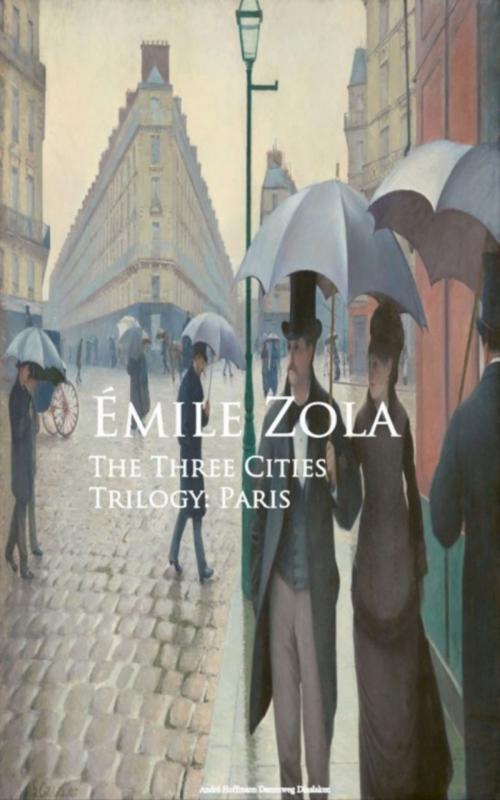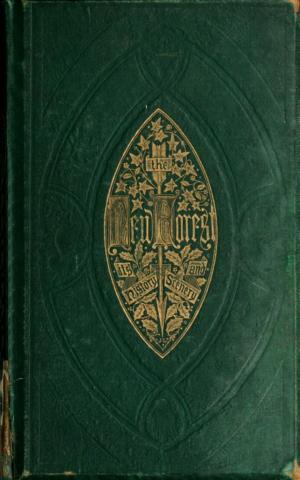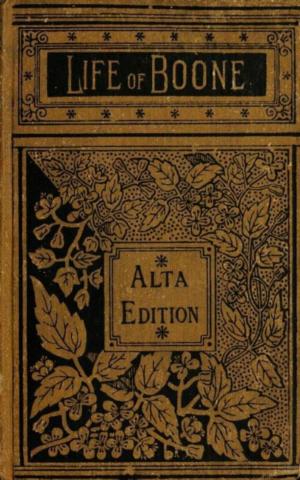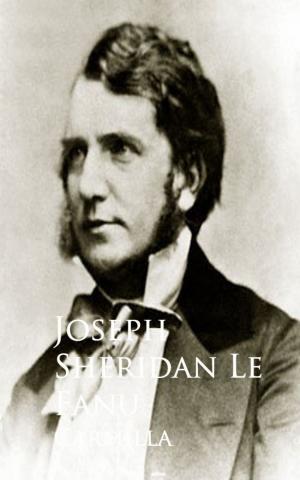| Author: | Emile Zola | ISBN: | 9783736414921 |
| Publisher: | anboco | Publication: | September 7, 2016 |
| Imprint: | Language: | English |
| Author: | Emile Zola |
| ISBN: | 9783736414921 |
| Publisher: | anboco |
| Publication: | September 7, 2016 |
| Imprint: | |
| Language: | English |
WITH the present work M. Zola completes the "Trilogy of the Three Cities," which he began with "Lourdes" and continued with "Rome"; and thus the adventures and experiences of Abbe Pierre Froment, the doubting Catholic priest who failed to find faith at the miraculous grotto by the Cave, and hope amidst the crumbling theocracy of the Vatican, are here brought to what, from M. Zola's point of view, is their logical conclusion. From the first pages of "Lourdes," many readers will have divined that Abbe Froment was bound to finish as he does, for, frankly, no other finish was possible from a writer of M. Zola's opinions. Taking the Trilogy as a whole, one will find that it is essentially symbolical. Abbe Froment is Man, and his struggles are the struggles between Religion, as personified by the Roman Catholic Church, on the one hand, and Reason and Life on the other. In the Abbe's case the victory ultimately rests with the latter; and we may take it as being M. Zola's opinion that the same will eventually be the case with the great bulk of mankind. English writers are often accused of treating subjects from an insular point of view, and certainly there may be good ground for such a charge. But they are not the only writers guilty of the practice. The purview of French authors is often quite as limited: ...
WITH the present work M. Zola completes the "Trilogy of the Three Cities," which he began with "Lourdes" and continued with "Rome"; and thus the adventures and experiences of Abbe Pierre Froment, the doubting Catholic priest who failed to find faith at the miraculous grotto by the Cave, and hope amidst the crumbling theocracy of the Vatican, are here brought to what, from M. Zola's point of view, is their logical conclusion. From the first pages of "Lourdes," many readers will have divined that Abbe Froment was bound to finish as he does, for, frankly, no other finish was possible from a writer of M. Zola's opinions. Taking the Trilogy as a whole, one will find that it is essentially symbolical. Abbe Froment is Man, and his struggles are the struggles between Religion, as personified by the Roman Catholic Church, on the one hand, and Reason and Life on the other. In the Abbe's case the victory ultimately rests with the latter; and we may take it as being M. Zola's opinion that the same will eventually be the case with the great bulk of mankind. English writers are often accused of treating subjects from an insular point of view, and certainly there may be good ground for such a charge. But they are not the only writers guilty of the practice. The purview of French authors is often quite as limited: ...















